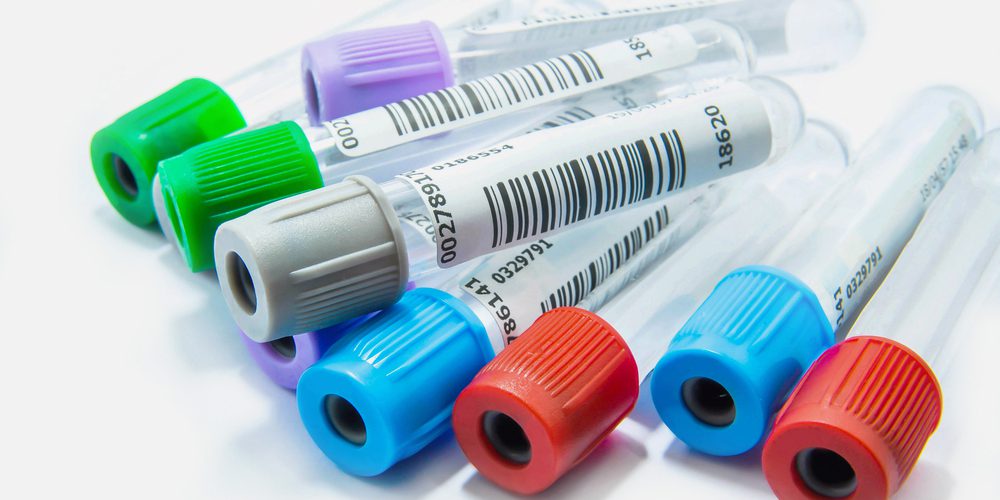A blood sugar test is a test that measures the amount of glucose in the blood. Blood glucose tests are either random or fasting tests.
What is blood sugar or glucose?
The human body needs the energy to accomplish all its tasks. The body gets energy from different sources and the main source of that energy comes from sugar or glucose. It provides energy and nutrition to different body organs, muscles, and nervous systems. The human body gets glucose from food. The absorption, storage, and production of glucose are regulated constantly by complex processes involving the small intestine, liver, and pancreas.
What is the cause of Diabetics?
The glucose entered the bloodstream after consuming carbohydrates. The body produces two hormones called insulin and glucagon. These two hormones work together to keep glucose in check. The insulin checks the level of glucose that is being released into the bloodstream and sends the excess to the liver, while glucagon’s task is to raise the blood sugar level whenever it is needed. But the problem occurs when our body lacks the insulin due of any reason and fail to convert glucose into energy or our body cell develop tolerance to insulin and making pancreas to produce more insulin for control blood sugar level with the passage of time the body fails to keep up with required amount and glucose kept flowing in our bloodstream that can cause serious health issues.
What are the types of diabetics?
The most common types of diabetes are type 1, type 2, and gestational diabetes.
Type 1 diabetes
In this kind, the body doesn’t make insulin. It is a kind of autoimmune disorder where antibodies attack cells which creates insulin. It is caused by genetic disorders or environmental elements. Type 1 diabetics mostly affect people, children, and young adults, but they can appear at any age. People with this disorder have to take insulin throughout their life.
Type 2 diabetes
It is the case in which the human body cannot make or utilize insulin well. It is the most common type of diabetes and can be controlled with a healthy lifestyle
Gestational diabetes
Gestational diabetes develops in some women when they are pregnant. Most of the time, this type of diabetes goes away after the baby is born.Â
What are the Symptoms of disturbed blood sugar levels?
A medical healthcare specialist may request for blood sugar test if the following conditions are observed.
- Dry throat
- Abnormal thirst
- Unexplained weight loss
- Dryness
- Abnormal Urination need
- Increase Appetite
- Fatigue
- Heavy thirst.
- Blurry vision.
- Peeing a lot.
- More hunger.
- Numb or tingling feet.
- Fatigue.
- Sugar in your urine.
- Weight loss.
- Dry mouth and itchy skin Blurred vision
- Slow-healing sores or cuts
- Pain or numbness in your feet or legs
- Nausea and vomiting
- Yeast infections Between fingers and toes or Under breasts
Types of blood Sugar Tests.
The different tests for diagnosing blood sugar levels are
- Fasting Plasma Glucose Test or Blood Sugar Fasting.
- Oral glucose tolerance test (OGTT).Â
- Random plasma glucose (RPG).Â
- A Glycosylated Hemoglobin (Hba1c) Test
Fasting Plasma Glucose Test (FPG) or Blood Sugar Fasting.
It is the type of testing in which the blood sugar /glucose level is checked without eating for the specific time period
How to prepare for the Fasting Plasma Glucose test?
Before taking the blood glucose test, you will not be allowed to eat anything for at least eight hours. This test is mostly conducted in the morning on an empty stomach for convenience.
How the test is conducted?
The technician or person administering the test will collect a small vial of blood from the arm or a drop from a finger prick. The blood sample will be sent to a lab for analysis.
Interpreting the test result
The test result may vary with different health conditions. Kindly refer to your health expert for proper medical advice and interpretation. Following are the reference readings for the Fasting Plasma Glucose Test. Values are measured in milligrams per deciliter (mg/dL).
| Reading | Interpretation |
|---|---|
| 70 mg/dL to 99 mg/dL | Normal |
| 100 mg/dL to 126 mg/dL | Prediabetes/increased risk of diabetes |
| Over 126 mg/dL | Diabetes |
| Under 55 mg/dL | Hypoglycemia/dangerously low |
FPG test results will be repeated if it shows borderline or elevated glucose level. The other tests that might be performed, can be the hemoglobin A1C test, oral glucose tolerance test for detailed analysis.
Why choose Awami Lab for Fasting Plasma Glucose Test?
Awami Lab Gujrat is equipped with state-of-the-art machines that give you 100% authentic and accurate test results. Visit our Awami lab in Gujrat to get tested for the Plasma Glucose in your body. Our healthcare professional team will perform the Plasma Glucose test in the safest and professional manner. Awami Lab Gujrat is at your service 24/7 and provides you authentic test results inefficient way.



